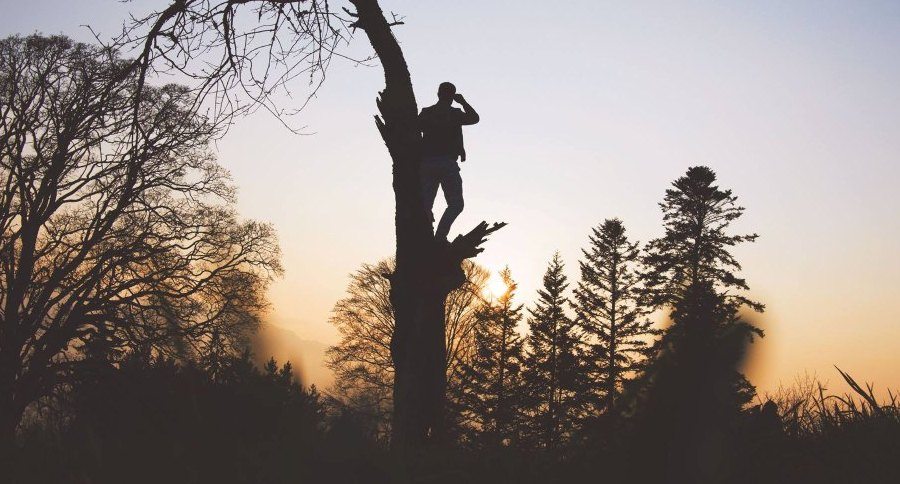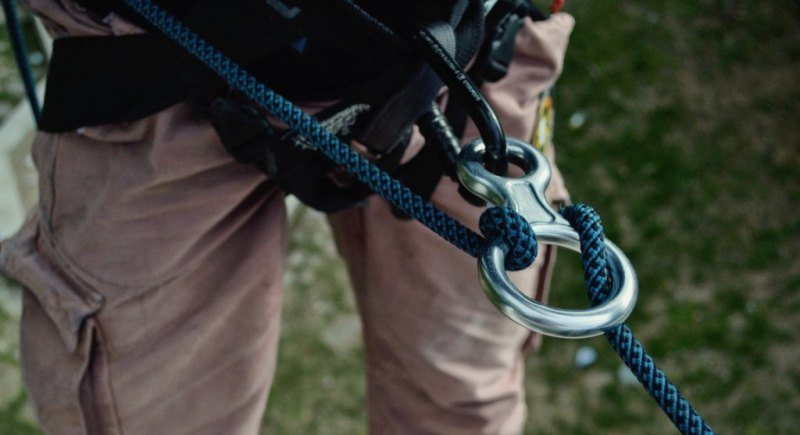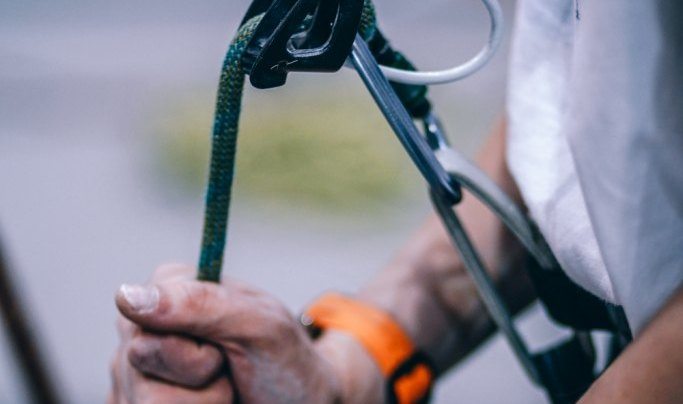It happens. Your foot slips and now you're dangling 18 feet in the air. Blood is rushing into your head and you can hear your heartbeat in your ears. What you do next could change everything.
We all have a story or know a story about someone who fell out of a stand. If we're lucky, we all have a laugh and decide to be a little more careful. If you aren't so lucky, your hunting days could be over.
There are a lot of preventative measures that you can use to help stay safe. But there are also a lot of things you shouldn't do!
Learning through trial and error is great, but maybe not such a good idea when talking about potentially plummeting to the ground. So, courtesy of the ones who have fallen and lived to tell the tale, here's what NOT to do:
DON'T panic
I know what you're thinking. That's easy to do when I'm sitting here comfortable. It's not so easy when your harness has just knocked the air out of you and your head is spinning.
If you start panicking without taking the time to access the situation, you can easily make things worse. You could make a bad decision, waste needed energy or end up looking like a cat in a yarn ball.
Luckily there is something you can do to help keep in the right state of mind. There is a lot of research that supports the power of mental rehearsal.
The idea is that when you visualize a situation in your mind, your body and brain learn your visualized reaction. Then when the situation occurs, your mind takes the path of least resistance.
Surgeons, police officers and EMT's all use this technique to react in stressful situations because it works!
DON'T immediately cut loose/detach
I knew a guy that fell out of the stand while bowhunting. His arrows fell out of his quiver and stuck fletching side down in the mud below him.
It put his body dangling upside down directly above a newly created spike trap. His knee-jerk reaction was to cut himself free, he didn't even look down.
Luckily his knife had slid out of his boot so he couldn't cut loose immediately, and a buddy found him not long after.
Take that second to check how your body feels and check your surroundings. Is anything broken? What's below you? What resources do you have?
Suspension trauma is a real risk, and can be fatal. But by that same token, falling on your head or on a compound fracture can too.
Don't rely on being able to hang there for a long time, but do take ten seconds to check your surroundings.
DON'T reuse equipment
Did you know most equipment built for fall protection isn't rated for more than one fall? There are some out there that can be reused. However, most manufacturers don't like to guarantee their product for more than one emergency event.
The amount of strain a full-grown human hurtling out of a tree puts on any kind of material is significant. It's also difficult to see the damage in many cases. Even synthetic materials have their limits, and eyeballing it to see if it "looks okay" is unreliable.
So just because it saved your life once doesn't mean you shouldn't replace it! If you aren't sure, check with your safety equipment's manufacturer.
It may mean having to listen to the "on hold" music while you wait for someone in customer service, but it's better to be safe than sorry!
NEXT: SIGHTING YOUR PISTOL FOR SELF-DEFENSE
https://rumble.com/embed/u7gve.v3trxt/







